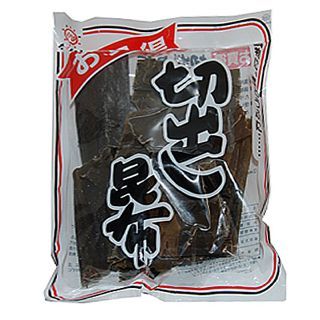This document is for Kombu's development version, which can be significantly different from previous releases. Get the stable docs here: 4.1.
JSON Utilities - kombu.utils.json¶
JSON Serialization Utilities.
-
class
kombu.utils.json.JSONEncoder(skipkeys=False, ensure_ascii=True, check_circular=True, allow_nan=True, sort_keys=False, indent=None, separators=None, encoding='utf-8', default=None)[source]¶ Kombu custom json encoder.
-
default(o, dates=(<type 'datetime.datetime'>, <type 'datetime.date'>), times=(<type 'datetime.time'>, ), textual=(<class 'decimal.Decimal'>, <class 'uuid.UUID'>, <class 'kombu.utils.json.DjangoPromise'>), isinstance=<built-in function isinstance>, datetime=<type 'datetime.datetime'>, text_t=<type 'unicode'>)[source]¶ Implement this method in a subclass such that it returns a serializable object for
o, or calls the base implementation (to raise aTypeError).For example, to support arbitrary iterators, you could implement default like this:
def default(self, o): try: iterable = iter(o) except TypeError: pass else: return list(iterable) # Let the base class default method raise the TypeError return JSONEncoder.default(self, o)
-
